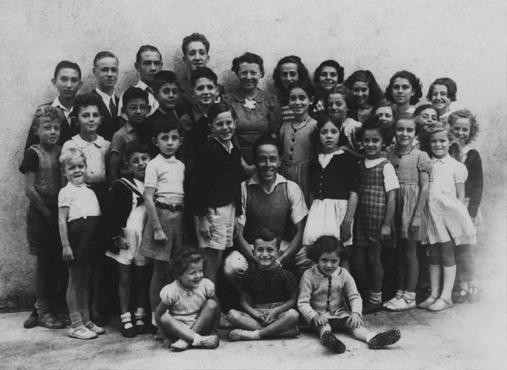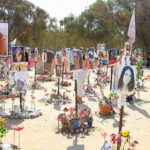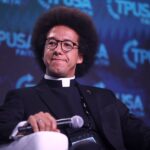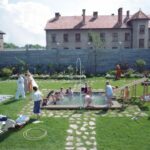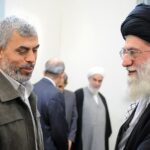Blog Post
How a handful of Christian villages saved 5,000 Jews from the Holocaust
By Jonathon Van Maren
Pierre Sauvage was 18 years old when he discovered that he was Jewish and that he had been born in Vichy France on the Vivarais Plateau in 1944—a place, he would later say, that was “uniquely committed to my survival.” The residents of Le Chambon-sur-Lignon and surrounding villages nestled in the craggy hills of south-central France had given refuge to five thousand Jews between 1940 and 1945—including Sauvage and his parents. Sauvage later set out to document the villagers’ extraordinary story. The result was the powerful 1987 documentary film Weapons of the Spirit, which has just been remastered for the 30th anniversary re-release. It tells the tale of an unprecedented “conspiracy of goodness.”
The rescue effort was led in part by Pastor André Trocmé of the Reformed Church of France, his wife Magda, and his assistant pastor Édouard Theis. The residents of the Plateau, Sauvage said in Weapons of the Spirit, were primed to assist refugees due to their own history of persecution as a religious minority. “Everything they did,” he observed, “was an echo of their forefather’s faith. The village was prepared by its Huguenot past.” Most Protestants on the plateau viewed the Nazis with contempt and the beleaguered Jews as God’s chosen people. They reacted accordingly and without fanfare.
The title of Sauvage’s film comes from one of Trocmé’s sermons, written after news of the mass roundup of Jews in Paris at the Vélodrome d’Hiver. In it, Trocmé called on Christians to repent of their cowardice after. “It is the duty of Christians to resist the violence brought to bear on their consciences through the weapons of the Spirit,” he declared on August 16, 1942. The pastor was a pacificist, but also a resister. His congregation—and many others on the Plateau—heeded his call.
READ THE REST OF THIS COLUMN AT FIRST THINGS


